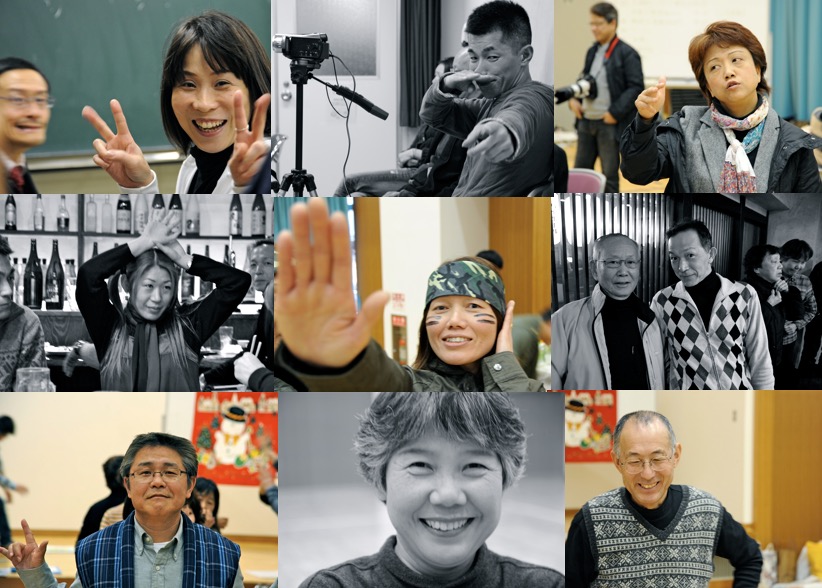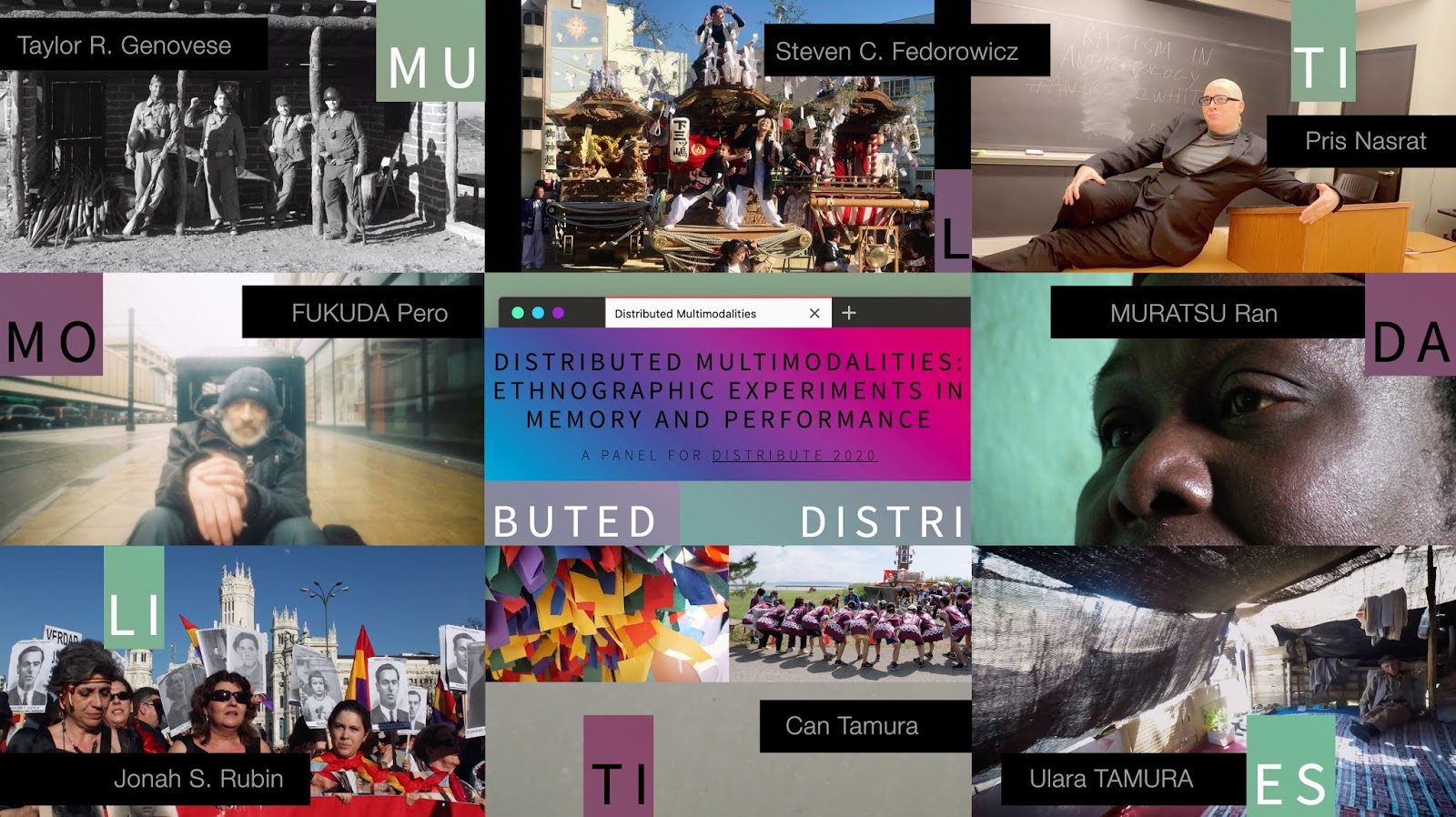Tuesday, October 1, 2013
VAOJ Special Screening: ManDove
Visual Anthropology of Japan presents a screening of ManDove, an experimental documentary film by Jim de Sève and Kian Tjong. The event is free and open to all. It will take place at the International Communication Center at Kansai Gaidai University in Hirakata City, Osaka.
Tuesday, 8 October 2013
6:30 PM
Kansai Gaidai University
ICC Building, 4th Floor Grand Hall
Discussion and reception after the film.
ManDove (2012, 65 min.) follows the magical perkutut birds casting spells on men, taking them away from their wives, and pitting them against each other to prove their masculinity.
SYNOPSIS
In a peculiar travelogue, two filmmakers dive into an ancient rite of manhood in Islamic Java – the tender and raucous sport of the singing doves, the Indonesian NASCAR.
When General Zainuri announces the National Perkutut Championship, thousands of Muslim men arrive at the grounds. Seven hundred poles stand in the center. Men hoist their doves – perkutut – seven meters up and dangle them in a sea of colorful cages. A team of judges passes through the forest of tall posts straining to discern the birds’ magical coos. If the judges are impressed they score a bird’s song by tacking a small flag to the pole. After three hours a winner is declared. Winning perkutut sell for tens of millions rupiahs – tens of thousands of dollars.
METHOD & STYLE
ManDove, in its subtle and oblique approach, pays homage to Indonesian cinema of social critique. During Suharto’s dictatorship, filmmakers avoided harsh censorship by utilizing subtle and indirect associations. In other words, they “spoke in codes” to their audience. A creative dialog took place beyond what a film was allowed to say explicitly.
ManDove’s top layer is a story of men who play with male birds. Underneath is the story of the “contact zone,” the zone where the filmmakers and the subjects collide in comic struggle to control the camera.
The film plays out as a treasure hunt, leading the audience from clue to clue and issue to issue, from orientalism, masculinity to the power of representation. Underscoring all of this and cleverly hidden is the filmmakers’ role as a gay couple and their wariness of being discovered. This level, when recognized by the audience, reframes the entire film.
ManDove breaks free from the current trends in documentary filmmaking: the prevalence of tell-all documentaries; the hegemony of central-character/central-conflict theory; and the preference of narrative film language achieved by eliminating the camera from audience’s conscience. It’s an experiment to expand documentary as an art form.
Mandove website: http://singingdove.com/
Map of Kansai Gaidai: http://www.kansaigaidai.ac.jp/asp/admission/_userdata/CMP.pdf
Posted
6:51 PM
Labels:
birds,
documentary,
film,
Indonesia,
Java,
masculinity,
methods,
visual anthropology


Subscribe to:
Post Comments (Atom)























No comments:
Post a Comment